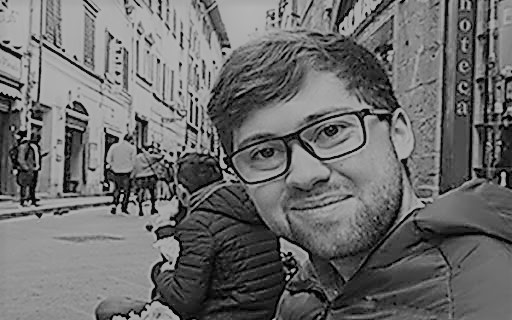2021 Brooklyn Bioscience—solving the world’s agricultural problems one protein at a time!
December 22, 2021
By: Alara Tuncer
Brooklyn Bioscience is a start-up that aims to “develop and commercialize protein-based research tools.” It all began when Jacob Kronenberg, Dr Stanley Chu and Dr Priya Katyal, researchers at NYU Tandon, identified a problem: the use of harmful pesticides in the farming industry. As protein engineers, they meticulously formulated a solution: an enzyme. But just like many scientists before them, they’ve encountered the challenge of turning their academic pursuits into an entrepreneurial venture.
They initially had the idea to sell their enzyme “to people who grow the crops with the highest amount of pesticides,” soon to realize that “the economic incentives aren’t strong enough for large-scale industrial farms to switch over.” This is because “even if companies know that pesticides are bad for their consumers, people are still buying them.” Even harmful habits are hard to break. As a result, founders of Brooklyn Bioscience “had to become a lot more specific with what kind of farmers” they wanted to work with, to make their product a success.
The founders all come from “a science background rather than a business background” so they’ve encountered similar challenges to other scientists and researchers that have preceded them with their own entrepreneurial pursuits. But instead of breaking down the substance of their product to appeal to more consumers, they’ve decided to tackle science with a business mindset and the business with a scientist’s mindset.

Priya Katyal & Andrew Olsen- $50K award from PowerbridgeNY
Although it is important to “think about science like businesspeople,” by “analyzing the costs, incentive structures,” it is equally as important to think about “business like scientists.” Essentially, “making hypotheses” about the market and “refining them through experimentation.”
The main advice the researchers have for other start-ups is to “get out and talk to people.” With emphasis on having meaningful conversations with anyone who can bring new insights, first-time entrepreneurs should talk to “people who might be your customers,” “people who might be your colleagues,” even “people who might be your competitors.” This way you can discover “a niche for what you want to do” and your product design supports the needs of that niche in the best way possible. And “the only way to do this is by talking to people to learn as much as you can.” Research is essential, even for businesses.
The hardest part “about beginning a startup was learning to have new kinds of conversations.” As a scientist, the founders were used to talking to people coming from similar backgrounds that harbor the same kind of knowledge, specifically “talking about science with experts.” However, “in a startup, you’re not always talking to scientists and you’re not always learning from experts” and “there are different questions that are [just as] important to ask.”


PhD Candidate jacond Kronenberg & Stanley Chu, PhD
The founders emphasize the importance of communicating your field of expertise to an audience that may not be an expert on the subject. “A great idea is useless if you don’t tell people about it.” However, it is especially important for new entrepreneurs “to learn how to communicate their ideas in a clear and convincing way” to an audience that are not necessarily experts but are potential consumers.
For Brooklyn Bioscience, “personal success” isn’t something you can define “using a single measurement.” Since everyone has a variety of goals that are authentic to them, personal success is how you try to meet these goals. Although “you might measure your success as an entrepreneur in terms of meeting company revenue targets or expanding your market share,” there are several other roles you play as an individual. “Like friend, parent or mentor,” which makes the definition of personal success more complex, as “it’s important to holistically take other roles you have into account.”
The founders concluded by noting that “there are two sides to a scientific startup: research and business. As a team, it’s important to have people who work on the science, but also people with business expertise, which is what our team has struggled more with developing.”
